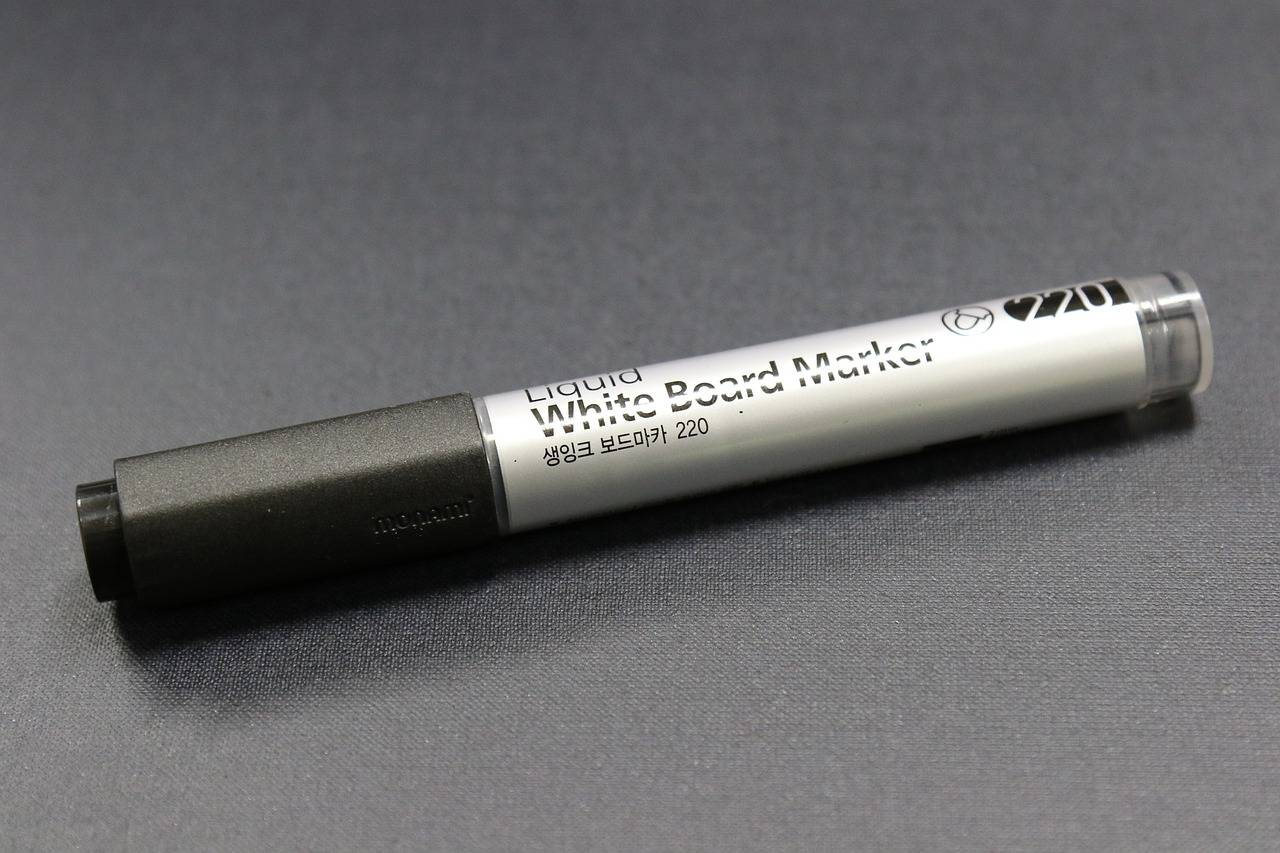The Role of Educational Consultants in EdTech Evaluation
allpaanel mahadev book, mahadev book login id and password, online cricket id:Educational Consultants play a crucial role in the evaluation of educational technology (EdTech) tools. These professionals are experts in the field of education and technology, and they help schools and institutions make informed decisions when it comes to adopting new technologies for learning. In this blog post, we will explore the role of educational consultants in EdTech evaluation and how they can benefit educational institutions.
Understanding the needs of educational institutions
Educational consultants work closely with schools and institutions to understand their unique needs and challenges. They assess the current technology infrastructure, teaching methods, and learning objectives to recommend the most suitable EdTech tools. By taking into account the specific requirements of each institution, consultants can help ensure that the selected technology aligns with the overall goals of the educational program.
Researching and evaluating EdTech tools
One of the primary roles of educational consultants is to research and evaluate various EdTech tools available in the market. They review features, functionalities, pricing, and user reviews to identify the best options for their clients. Consultants often conduct pilot tests or demonstrations to allow schools to experience the technology firsthand before making a final decision.
Providing training and support
After selecting an EdTech tool, educational consultants provide training and support to teachers, administrators, and students. They design professional development programs to ensure that educators are confident in using the technology effectively. Consultants also offer ongoing support to troubleshoot issues, answer questions, and provide guidance on best practices for integrating the technology into the curriculum.
Measuring effectiveness and impact
Educational consultants help schools measure the effectiveness and impact of the EdTech tools they have implemented. They analyze data, track progress, and gather feedback to determine whether the technology is achieving the desired outcomes. Consultants may recommend adjustments or additional training based on their findings to ensure maximum benefit from the technology.
Staying current with trends and innovations
In addition to evaluating and implementing EdTech tools, educational consultants stay current with the latest trends and innovations in the field. They attend conferences, workshops, and webinars to learn about new technologies and best practices. By staying informed, consultants can recommend cutting-edge solutions that can enhance teaching and learning experiences.
Collaborating with stakeholders
Educational consultants collaborate with various stakeholders, including teachers, administrators, parents, and students. They facilitate communication and establish a shared understanding of the goals and expectations related to the EdTech implementation. Consultants gather input from all parties involved to ensure a successful and sustainable integration of technology in the educational setting.
FAQs
Q: How can educational consultants help schools choose the right EdTech tools?
A: Educational consultants research, evaluate, and recommend the best EdTech tools based on the specific needs and goals of each institution.
Q: Do educational consultants provide ongoing support after implementing EdTech tools?
A: Yes, consultants offer training, troubleshooting, and guidance to ensure that educators effectively integrate and utilize the technology.
Q: How do educational consultants measure the effectiveness of EdTech tools?
A: Consultants analyze data, track progress, and gather feedback to assess the impact of the technology on teaching and learning outcomes.
In conclusion, educational consultants play a vital role in EdTech evaluation by helping schools make informed decisions, providing training and support, measuring effectiveness, staying current with trends, collaborating with stakeholders, and ultimately enhancing the teaching and learning experience through technology integration.







